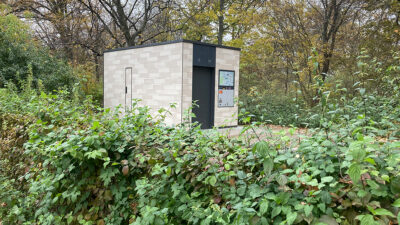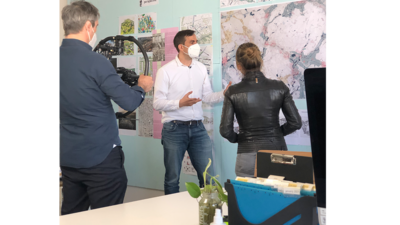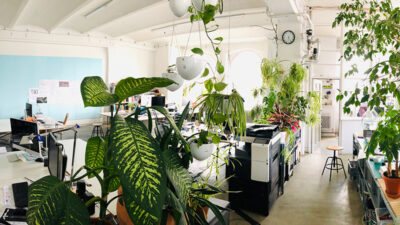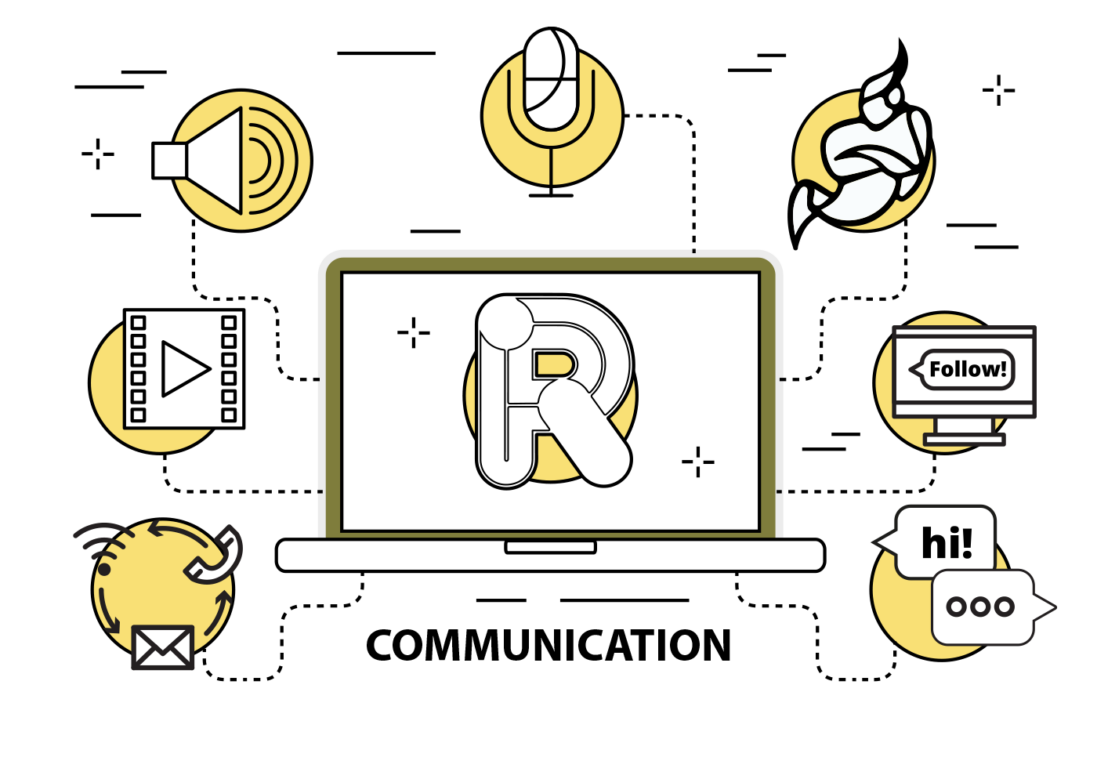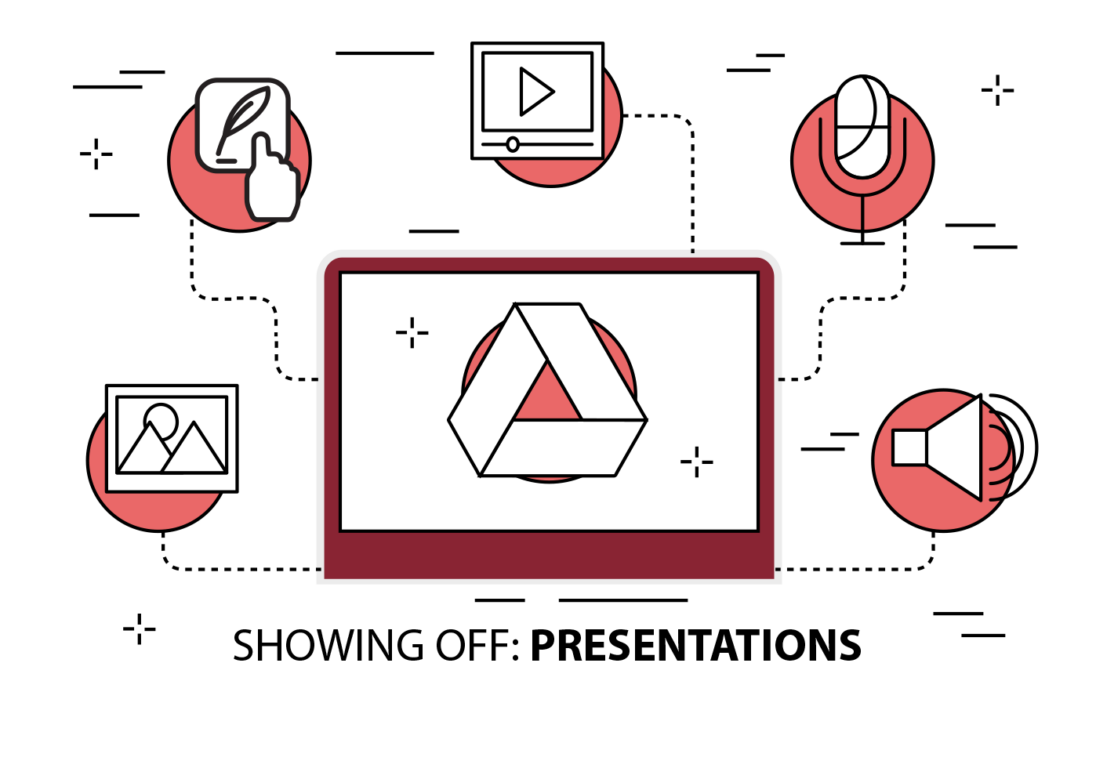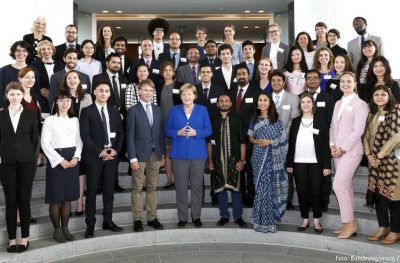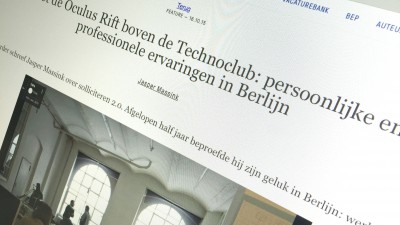Greetings from TSPA!
We are very happy to start the end of the decade busy with very exciting projects and a growing team. We started this year feeling 20/20.
Whether in Germany or overseas TSPA explored all of its capacities building climate resiliency, thinking of sustainable solutions, designing the neighbourhoods of the future and planning for all. We are looking forward to continue doing so in 2020.
Endeavours around the world
While this year we developed projects in Germany, our international work is still ongoing and at full steam in Mozambique, Indonesia and the Philippines.
Decentralisation in the making
After Mozambique undertook a massive decentralisation process from its capital city in Maputo, TSPA teamed up to provide local governments of 5 different cities in the production of long term development strategies for the local municipalities, providing them with a sustainable framework for the future.
Some of the biggest learning outcomes of this project were the capabilities to collect data in a new context exploring analysis by drone, heat-sensing technologies, and other new techniques for mapping and analysing informal settlements all-together while developing a vision together with municipality authorities and local citizens through consensus.


Redefining sustainability patterns
Indonesia, with its many coastal communities, undeveloped water infrastructure, and high urban climates strives in the ecological and social sustainable development.
This 2019 TSPA continued to be part of the team which developed a feasibility study and established a national framework for sustainable development patterns at the neighbourhood level with ecodistricts pilot projects in the cities of Yogyakarta, Semarang and Wonosobo. This year the project held three on site workshops that helped our team to define what an Ecodistict is and how can it be shared and communicated under a clear narrative. This project had one goal in mind: embracing local contexts, cultures and communities in the making of guidelines for sustainable urban development.

Building Climate Resiliency
TSPA partnered up with UN-Habitat, the Republic of the Philippines Housing and Land Use Regulatory Board, in a project founded by the International Climate Initiative (IKI) part of The Federal Ministry for the Environment, Nature Conservation, Building and Nuclear Safety, to contribute in the Philippines with the project “Building Climate Resiliency through Urban Plans and Designs” in which we made recommendations climate change adaptation through the promotion of climate-responsive sustainable urban development plans and designs in the cities of: Legazpi, Angeles, Tagum, Cagayan de Oro and Ormoc.

Local endeavours
As a great balance with TSPA’s international portfolio, this past year we worked in local projects with three German cities including our home, Berlin. These projects are either kicking off or already in full swing.
A neighbourhood of the 22nd century
We are happy to share that this autumn we were selected to be part of the teams who will develop test designs for the new city district of Blankenburger Süden, an area in the north east of our hometown, Berlin. Through a cooperative workshop process we have been able to build a collaborative master plan in which we will rethink how to develop the largest redevelopments in the region and take into consideration the interests of governmental institutions, stakeholders and inhabitants in the transformation of this green land into a neighbourhood of the 22nd century. One that is inclusive, sustainable, lively and connected.

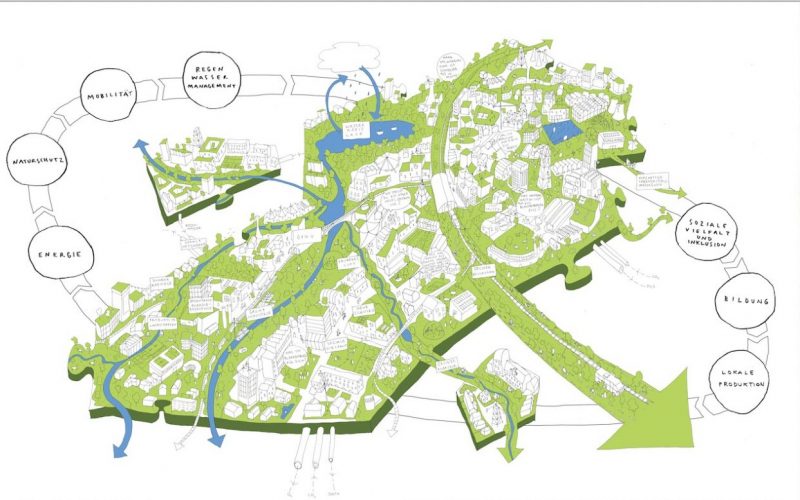
Toilets for all
Given the lack of information on the current situation of public toilets and the increasing demand for additional facilities, the City of Düsseldorf asked TSPA to develop a city-wide strategy for the supply of public toilets. The goals are to identify possible locations for new public toilets as well as to come up with general toilet standards based on the principles of sustainability, accessibility and multifunctionality for all groups of users.
This ongoing project has given us insight into the real impact of public toilets on the city and its residents, and has taught us a range of new skills and methods for dealing with a large amount of unstructured data from various stakeholders.

Visualising Chemnitz 2040
As part of the City of Chemnitz’s aim to plan for the future, we teamed up with Zebralog to support the City in the development of a city-wide strategy. TSPA contributes its knowledge of strategic urban planning and spatial mapping and visualisation to a participatory process which involves both the city administration and the public as well as key stakeholders. Through a series of workshops and interactions we help define the city’s overarching goals and vision for the year 2040 and prototype them in areas in which they should take immediate effect.
Who (k)new
This year we welcome seven new international team members Alessandra Sammartino (IT), Alexandra Katasonova -not pictured- (RU), Christina Krampokouki (GR), Jan Cyganski (GER), Janin Walter (GER), Natalia Perez-Bobadilla (MEX) and Sophie Leemans (BE).

TSPA is excited for the projects and knowledge 2020 will bring, thank you for following our work.
Do you follow our instagram account?
https://www.instagram.com/tspa_/


 English
English Deutsch
Deutsch



